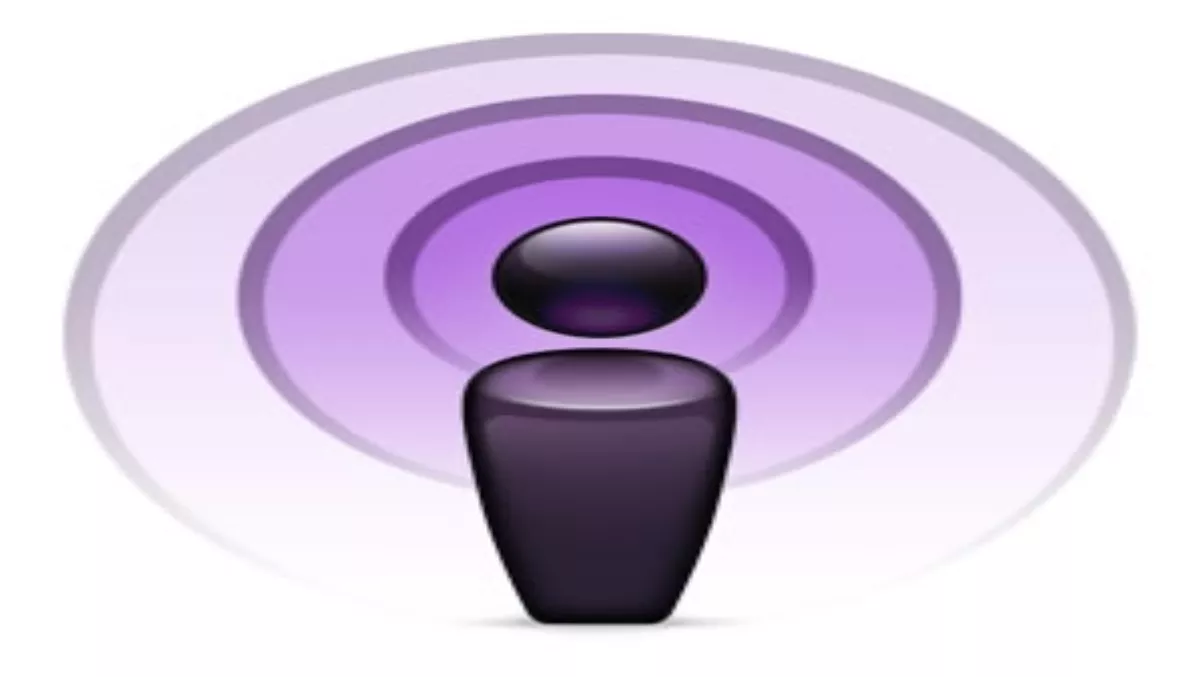
How to setup a podcast
Paul Spain, host of the NZ Tech Podcast, covers what's involved with producing and launching a successful podcast. The NZ Tech Podcast has reached the coveted #1 spot on iTunes Podcast charts a number of times and is one of NZ's most popular local podcasts. This is Paul's first article in a series of three about the process of making a podcast. Before I get started with the process of making podcasts, it's worth defining what a podcast is. To the non tech savvy person I usually sum up a podcast as a radio (or TV) show distributed via the internet. In reality podcasts can be much more or even less than that. For me, a regular consumer of podcasts, they have some big advantages over the radio or TV. Firstly, the content is often niche information that I wouldn't find via a typical broadcast. And secondly, I can listen on demand at my own convenience. What needs to be considered in making a podcast? Naturally everyone will take a slightly different route to produce a podcast – I'll be sharing my story and insights learned from producing one of NZ's most popular podcasts – the NZ Tech Podcast. Become a podcast consumer The most important step to becoming a podcast producer is to regularly consume podcasts yourself. You'll find lots of podcasts via the iTunes applications or by searching the web. Smartphones are the easiest way to get podcasts that you can take with you. With a Bluetooth car stereo and my smartphone, my car has become my mobile university. I find that my commute time (and also time spent exercising) is much more interesting now that I'm listening to podcasts rather than the radio. Each podcast I listen to helps me understand and build an idea of what I think is the ideal podcast – and therefore helps shape the NZ Tech Podcast and other podcasts I am involved in. Motivation There are probably all sorts of reasons to produce a podcast, but the three I'm aware of are: money, fame and power. Seriously though, your motivation will direct how successful your podcast will be. In my case, I knew producing a podcast was something I'd enjoy doing. Fortunately I was right because I soon realised that the financial return from producing podcasts in New Zealand is, as yet, not very large – in fact most podcasts cost more to produce than they ever return. Topic and title Deciding on a decent topic and title for your podcast is unfortunately easier said than done. You may have an instant idea of a podcast that will be a real hit, but most podcasts don't even reach 15 episodes. This is often because the topic was too challenging, or because there was not an audience being attracted to the podcast. A relevant title and a subject you know a lot about is really important. One piece of advice I heard early on suggested picking a topic that nobody else is covering in your region. Or if there is already a podcast on your subject, be sure you can offer something better than what is already on offer. In most cases, you probably want to avoid being the third most popular podcast on a given subject area, as it's likely you will only ever reach a very small audience. Audience So, you've decided on a great topic and you have a cool title that will attract attention to your podcast. Next up it's worth thinking about who will be listening in. Is your audience old or young? Why will they listen in? What will they want to hear? A good way to consider what the audience might be is to chat with people in your target demographic and find out if they would be interested in hearing a podcast targeted at them. When your target audience is clear, put an effort into researching the topics that will grab the attention of this group – hopefully that will cross over perfectly with your own expertise and areas of personal interest. The team Bringing together a good mix of hosts with overlapping expertise and interests can lead to a podcast that speaks authoritatively on a selected topic. Naturally this can make for compelling listening if your hosts are engaging communicators. By day I run Gorilla Technology (an IT services firm) and had met Bradley in the IT industry. We soon realised our personal interests in consumer technology were very similar, which led to the launch of the NZ Tech Podcast. It wasn't long before Skip Parker, a friend working in the broadcasting and technology sector, became involved too. For us, this worked out to be just the team we needed. In the next edition of NetGuide, Paul Spain delves into podcast planning, production and hosting. Visit www.nztechpodcast.com to listen to the NZ Tech Podcast.

